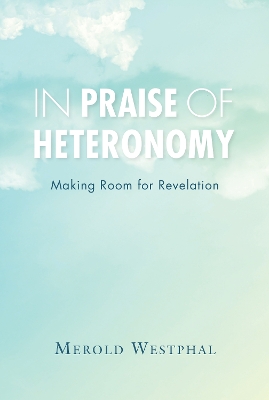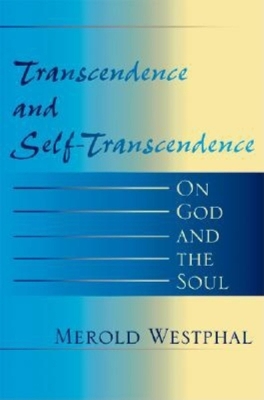Philosophy of Religion
3 total works
Few philosophers have devoted more than passing attention to similarities between the thought of Soren Kierkegaard, a Danish Christian, and Emmanuel Levinas, a French Jew. Here, one of philosophy of religion's most distinctive voices offers a sustained comparison. Focusing on questions surrounding otherness, transcendence, postmodernity, and the nature of religious thought, Merold Westphal draws readers into a dialogue between the two thinkers. Westphal's masterful command of both philosophies shows that each can learn from the other. Levinas and Kierkegaard in Dialogue is an insightful and accessible contribution to philosophical considerations of ethics and religion.
Recognizing the essential heteronomy of postmodern philosophy of religion, Merold Westphal argues against the assumption that human reason is universal, neutral, and devoid of presupposition. Instead, Westphal contends that any philosophy is a matter of faith and the philosophical encounter with theology arises from the very act of thinking. Relying on the work of Spinoza, Kant, and Hegel, Westphal discovers that their theologies render them mutually incompatible and their claims to be the voice of autonomous and universal reason look dubious. Westphal grapples with this plural nature of human thought in the philosophy of religion and he forwards the idea that any appeal to the divine must rest on a historical and phenomenological analysis.
The question of the transcendence of God has traditionally been thought in terms of the difference between pantheism, which affirms that God is wholly "within" the world, and theism, which affirms that God is both "within" and "outside" the world, both immanent and transcendent. Against Heidegger's critique of onto-theology and the general postmodern concern for respecting and preserving the difference of the other, Merold Westphal seeks to rethink divine transcendence in relation to modes of human self-transcendence. Touching upon Spinoza, Hegel, Augustine, Pseudo-Dionysius, Aquinas, Barth, Kierkegaard, Levinas, Derrida, and Marion, Westphal's work centers around a critique of onto-theology, the importance of alterity, the decentered self, and the autonomous transcendental ego. Westphal's phenomenology of faith sets this book into the main currents of Continental philosophy of religion today.


